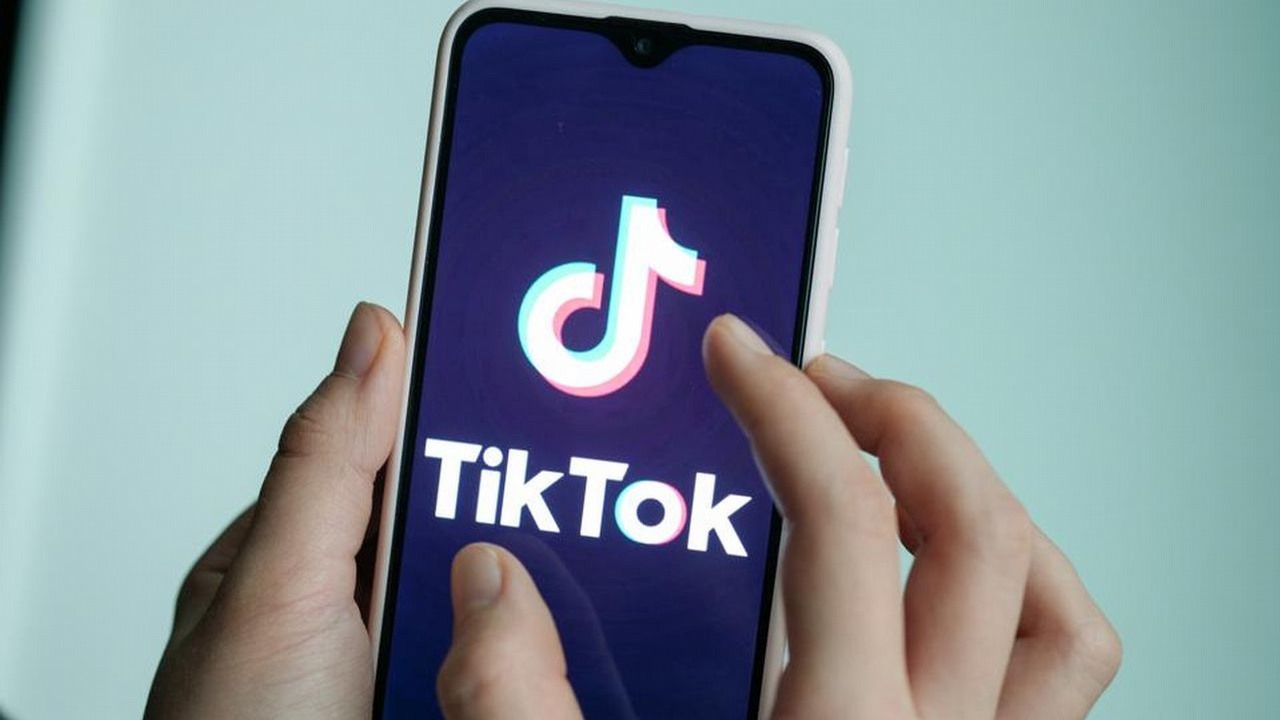TikTok is a Threat to Children, Claims Complaint to European Commission
The EU consumer rights organisation BEUC has filed a complaint with the European Commission against the popular online platform TikTok. The entity accuses the Chinese company of violating numerous provisions of EU law.

IN A NUTSHELL:
- The European Commission has received a complaint from BEUC, which accuses TikTok of violating several consumer laws;
- These include exposing users to harmful content and hidden advertising, improper management of private data, and copyright infringement;
- TikTok is very popular among minors.
The European Commission has received a complaint about the popular online platform TikTok, which enables users to share short videos with the community. BEUC, an EU consumer rights organisation, accuses the Chinese company of breaking a number of laws.
The most serious accusation is exposing users to harmful content and hidden advertising, such as "challenges" in which Internet users are encouraged to create content about specific products, which - of course - must first be purchased if one wants to record a video with it. What's worse, some of these actions may have negative consequences for health - a great example is the encouragement to cover one's face with hot-wax in order to remove facial hair. Also problematic are materials urging people to seek paid and expensive medical services such as plastic surgery.
The BEUC also accuses TikTok of failing to do enough to protect minors from inappropriate content (e.g., videos depicting nearly nude women or people discriminating against minorities), as well as failing to inform users about the purpose and legal basis of the collection of their data and with whom it may be shared.
Several claims also concern TikTok's regulations. It is, for example, about the violation of users' copyrights - content published on the platform is the property of the company, which can reproduce and use it as it sees fit, without offering the creators any compensation. BEUC's doubts were also aroused by the virtual currency that can be bought and then used to purchase gifts for favorite creators. Experts fear that the right to change the exchange rate of these coins may enable the manipulation of Internet users in order to extract more money from them.
The situation is serious because TikTok is very popular among minors - up to a third of users may be 14 years old or younger, according to a New York Times editorial.
0
Latest News
- „I would not be able to live without AAA titles.” Josef Fares doesn't want Clair Obscur: Expedition 33 to set a new trend, because „you can’t do GTA for $10 million”
- 12 million players are celebrating, but not everyone will get a gift. ARC Raiders devs give away pickaxes and bans
- Cyberpunk 2077 creator explains why male V suddenly disappeared from ads
- Court sides with GTA 6 devs. Former Rockstar Games employees suffer a painful blow in their fight for money
- 2 Xbox Game Pass games. Star Wars: Outlaws comes with a newly released zombie apocalypse simulator

